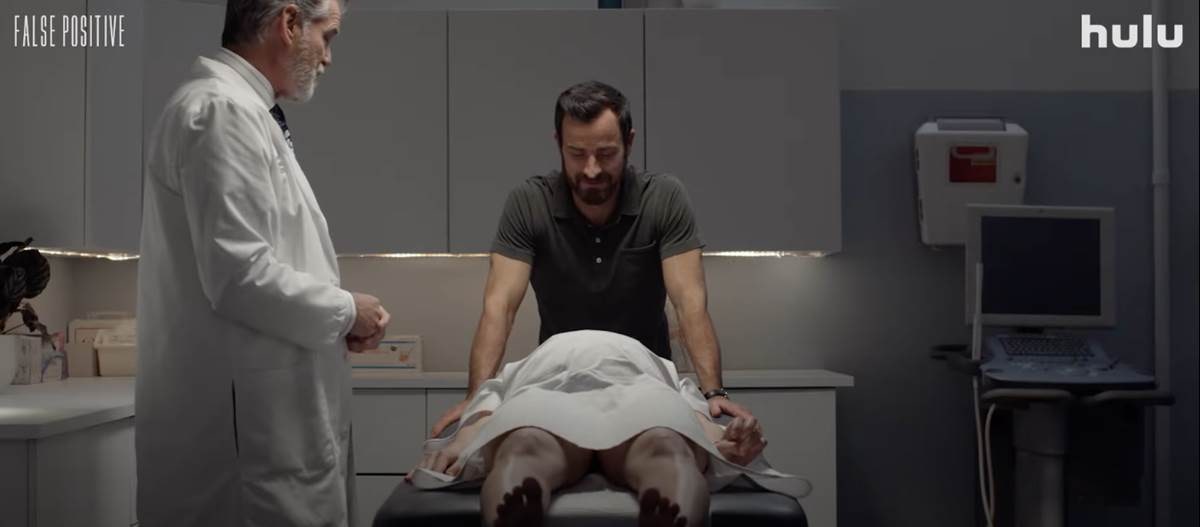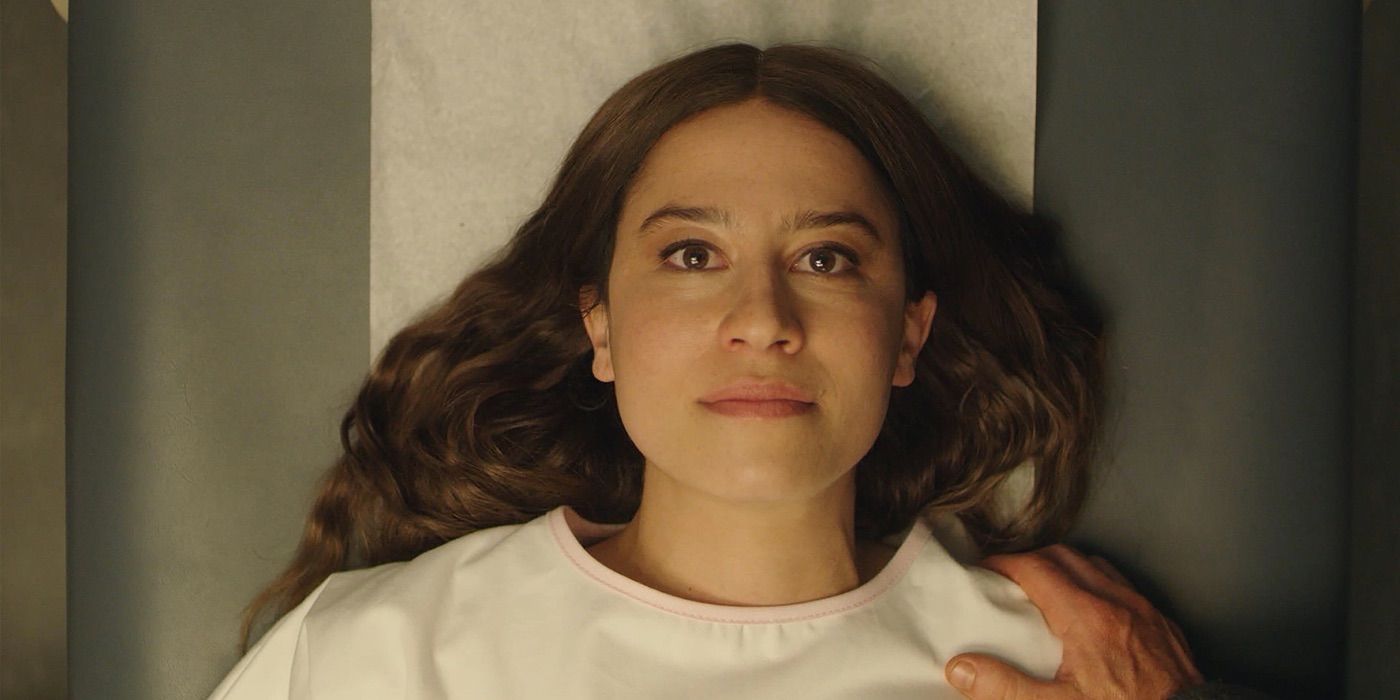‘False Positive’ is a psychological horror film that revolves around Lucia “Lucy” Martin (Ilana Glazer), a New York-based young woman who has been trying to have a child through natural methods for two years. When her husband Adrian (Justin Theroux) suggests that they should visit his former teacher Dr. John Hindle (Pierce Brosnan), one of the leading fertility doctors in the world, she reluctantly agrees. Shortly after she is artificially inseminated, Lucy discovers that she is pregnant. Meanwhile, she finds success in her work life and thinks that she can be one of those women who has everything.
However, around this time, Lucy starts having disturbing dreams and hallucinations and believes that Hindle is responsible for her strange situation. Amidst growing paranoia, self-doubt, and fear, she begins investigating what is happening to her. The film offers a detailed view of some of the malpractices that regularly go on in the mainstream healthcare sector. If that has made you wonder whether ‘False Positive’ is inspired by true events, this is what you need to know.
Is False Positive Based on a True Story?
No, ‘False Positive’ is not based on a true story. The film has reportedly been described as a modern rendition of Roman Polanski’s 1968 film ‘Rosemary’s Baby,’ which itself is an adaptation of the 1967 namesake novel by Ira Levin. Ilana Glazer, who essays the lead role of Lucy in ‘False Positive,’ worked closely with director John Lee in developing the screenplay. During this modernization process, several elements from the original film were discarded, such as Satanism, and were replaced with in-depth explorations of themes like alienation and paranoia.

While ‘False Positive’ is not an adaptation of real-life events, it faithfully depicts certain malpractices that happen to an alarming degree in the healthcare sector. In the film’s climactic scene, Hindle is revealed to have impregnated his patients with his own sperms. It may be hard to believe, but this has become dangerously common in the US and beyond. One such case involves Cecil Jacobson, who gained notoriety in the late 1980s and early 1990s after being accused of using his own sperms instead of an anonymous donor as promised to impregnate several of his patients.
Cecil Jacobson was also accused of telling his patients that they were pregnant when they weren’t. In March 1992, the then-fertility specialist was found guilty by a federal jury on 52 counts of fraud and perjury and received a 5-year prison sentence. Furthermore, his medical license was made invalid. According to DNA tests, Jacobson had fathered at least 15 children. The prosecutors’ charge sheet alleges that the number was even higher, 75.
The apparent similar indiscretions of another fertility specialist, Dr. Quincy Fortier, inspired the HBO documentary film ‘Baby God.’ This heinous act has also been portrayed in other fictional projects besides ‘False Positive.’ In Fox’s short-lived drama series ‘Almost Family,’ Timothy Hutton plays fertility doctor Leon Bechley, who fathered at least 100 children this way. Ultimately, ‘False Positive’ is an inherently feminist film, and it deals with societal issues directly and unflinchingly. However, it is not inspired by any particular real-life incident.
Read More: Where Was False Positive Filmed?


You must be logged in to post a comment.